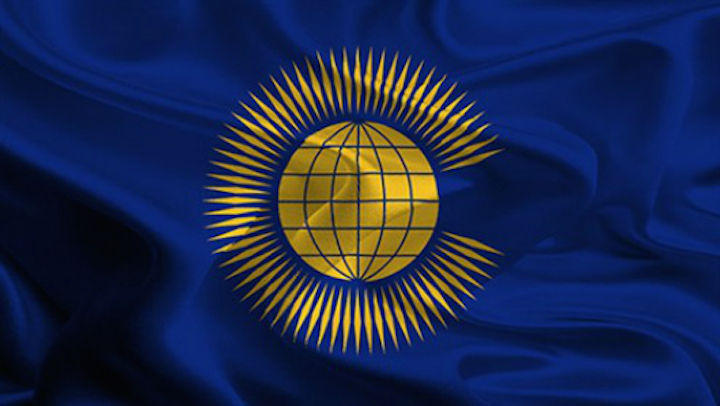Efforts to put Maldives on CMAG agenda unsuccessful, says foreign ministry
The Maldives is not on the agenda of the Commonwealth Ministerial Action Group (CMAG) despite “efforts made by some of the most powerful countries in the Commonwealth to place the Maldives on the group’s agenda and harm the nation,” the foreign ministry has said.

06 Jul 2015, 16:56
Ismail Humaam Hamid
The Maldives is not on the agenda of the Commonwealth Ministerial Action Group (CMAG) despite “efforts made by some of the most powerful countries in the Commonwealth to place the Maldives on the group’s agenda and harm the nation,” the foreign ministry has said.
Some Commonwealth members have been pushing for the Commonwealth’s human rights and democracy arm to assess alleged violations of the organisation’s principles by the Maldives following the imprisonment of opposition politicians, including former President Mohamed Nasheed.
“Minister of Foreign Affairs Ms Dunya Maumoon gave a briefing to the CMAG Ministers today about the political situation in the Maldives and reiterated that there is no serious or persistent violation of Commonwealth political values in the Maldives,” the foreign ministry said in a statement yesterday.
It added that Dunya also stressed “the progress that the government has achieved in defusing political tensions in the country” and assured the Maldives’ commitment to “constructively engage with the Commonwealth”.
Become a member
Get full access to our archive and personalise your experience.
Already a member?
Discussion
No comments yet. Be the first to share your thoughts!
No comments yet. Be the first to join the conversation!
Join the Conversation
Sign in to share your thoughts under an alias and take part in the discussion. Independent journalism thrives on open, respectful debate — your voice matters.




